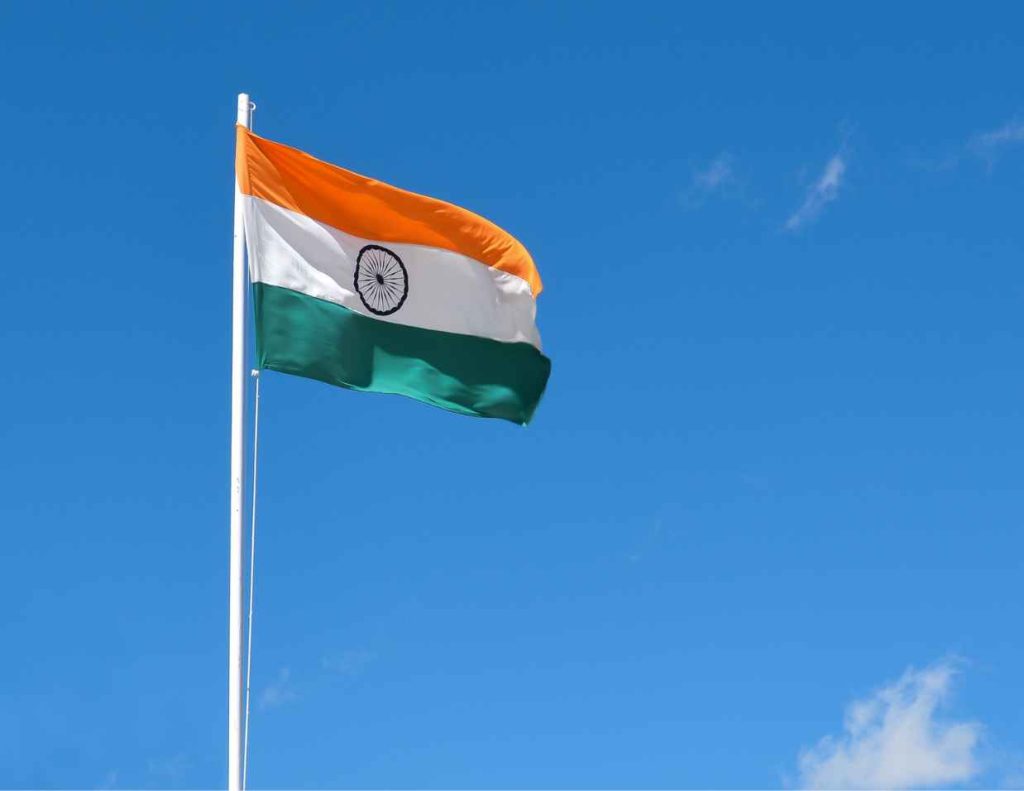Indian Democracy

Indian democracy holds significant power and relevance in the geopolitical landscape due to its sheer scale, diversity, and principles of democratic governance.
India is the world’s largest democracy, with over 1.3 billion people. This vast population gives India a significant demographic advantage and makes it a crucial player on the global stage. The size of its electorate provides a strong mandate for its government and lends weight to its diplomatic negotiations and international engagements.
India’s democratic system has demonstrated stability despite its diverse social, cultural, and linguistic fabric. Regular national, state, and local elections ensure a peaceful power transfer and allow public participation in decision-making. The stability of India’s political system enhances its credibility and influence in global affairs.
The Indian judiciary, particularly the Supreme Court, has played a crucial role in safeguarding democracy. The court has delivered landmark judgments that have protected fundamental rights, ensured the independence of institutions, and upheld the principles of democratic governance. Its commitment to the rule of law and judicial activism has strengthened democratic institutions and accountability.
India boasts a vibrant and diverse media landscape, including print, broadcast, and digital platforms. The media serves as a watchdog, providing a platform for public debate, exposing corruption, and holding the government accountable. Its role in informing citizens, raising awareness, and fostering transparency contribute to the resilience of Indian democracy.
India has a strong tradition of active civil society organizations, non-governmental organizations (NGOs), and grassroots movements. These entities work on various issues, such as human rights, social justice, environmental protection, and governance reforms. Through their advocacy, campaigns, and mobilization, civil society organizations contribute to the vibrancy and resilience of Indian democracy.
India’s electoral system, one of the largest and most complex in the world, showcases the resilience of its democracy. Conducting free and fair elections across diverse regions and with a massive electorate demonstrates the commitment to democratic principles. It allows for the peaceful transfer of power through the ballot box.
Atal Bihari Upheld The Indian Democracy
One significant example showcasing the resilience of Indian democracy is the vote of confidence that former Prime Minister Atal Bihari Vajpayee faced in 1996. After the Bharatiya Janata Party (BJP)-led coalition government took office, it faced a challenging political landscape with a fragile coalition and a divided opposition.
On April 17, 1999, the Vajpayee government was subjected to a vote of confidence in the Lok Sabha (Lower House of Parliament). The government needed a simple majority to survive. However, during the vote, it fell short of the required numbers, resulting in a loss of confidence. The government was defeated by a single vote, highlighting the dynamic nature of Indian politics and the democratic process.
Despite this setback, the resilience of Indian democracy was evident as the government did not resort to undemocratic means to hold onto power. Prime Minister Vajpayee gracefully accepted the defeat and resigned, paving the way for forming a new government through democratic means.
This incident showcased the resilience of Indian democracy by demonstrating that the people’s will, as expressed through their elected representatives, is paramount. It illustrated the principle of accountability and the willingness of political leaders to respect the democratic process, even in the face of setbacks or defeats. The peaceful transfer of power following the loss of confidence underscored the strength of democratic institutions and the commitment to upholding democratic values in India.
Economic And Cultural Potential
India’s democracy is closely linked to its economic potential. India offers trade, investment, and partnership opportunities as a thriving market and one of the fastest-growing major economies. Its democratic institutions, transparent governance, and the rule of law create an environment conducive to business and economic growth. India’s economic rise enhances its geopolitical significance and allows it to shape regional and global economic dynamics.
Indian democracy is also rooted in its rich cultural heritage, diversity, and pluralism. India’s soft power, which includes its literature, art, cinema, music, philosophy, and spiritual traditions, contributes to its global influence. The democratic principles of inclusivity, freedom of expression, and respect for diversity resonate with people worldwide and enhance India’s soft power diplomacy.
Geopolitical Power of Indian Democracy
India, as a democratic nation, has been an advocate of democratic values and human rights at the global level. It supports international institutions and initiatives that promote democratic governance, human dignity, and equality. India’s commitment to democratic principles gives it credibility as a proponent of democratic values in international forums and enables it to influence global debates on democracy and governance.
Within the South Asian region, India’s democratic system positions it as a natural leader. Its democratic credentials, economic strength, and military capabilities make it a key player in shaping regional dynamics and fostering cooperation among neighboring countries. India’s leadership role in regional forums such as SAARC (South Asian Association for Regional Cooperation) and BIMSTEC (Bay of Bengal Initiative for Multi-Sectoral Technical and Economic Cooperation) enhances its geopolitical standing.
Indian democracy wields significant power and relevance geopolitically due to its size, stability, economic potential, cultural influence, advocacy of democratic values, and regional leadership. It serves as a model and inspiration for other nations aspiring to embrace democratic governance and provides India with a platform to shape global discourse and foster cooperation. India’s democratic ethos strengthens its diplomatic ties, enhances its soft power, and allows it to play an influential role in addressing global challenges and shaping the future of the international order.
